Breathe Holding Attacks
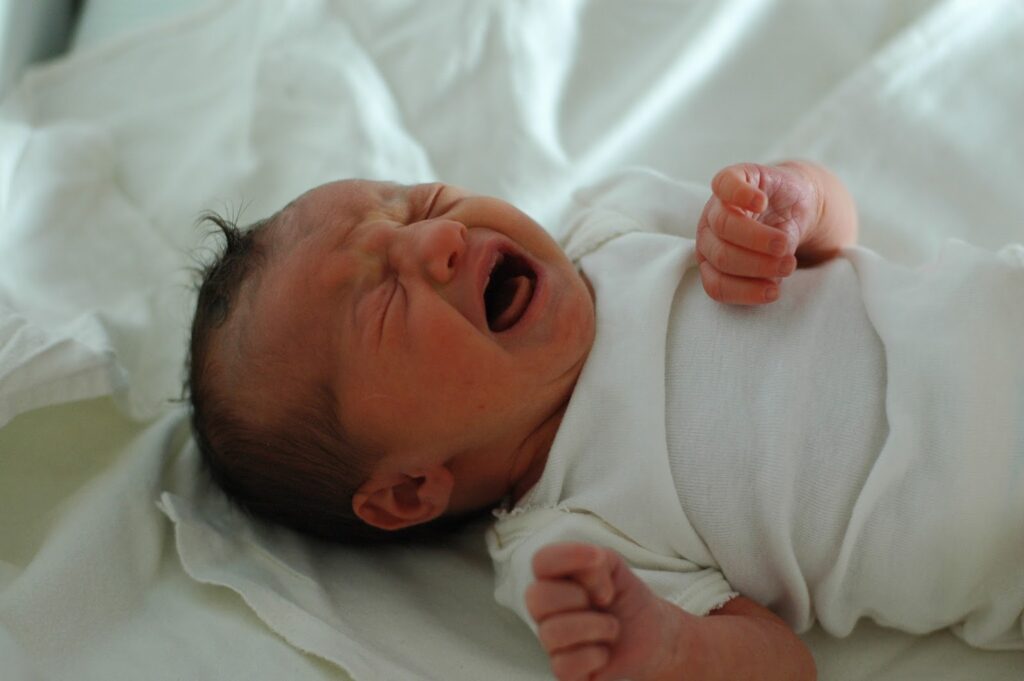
Breathe Holding Attacks, also known as Breath-Holding Spells (BHS), are a type of reflex anoxic seizure that primarily affects infants and young children.
Febrile Convulsion
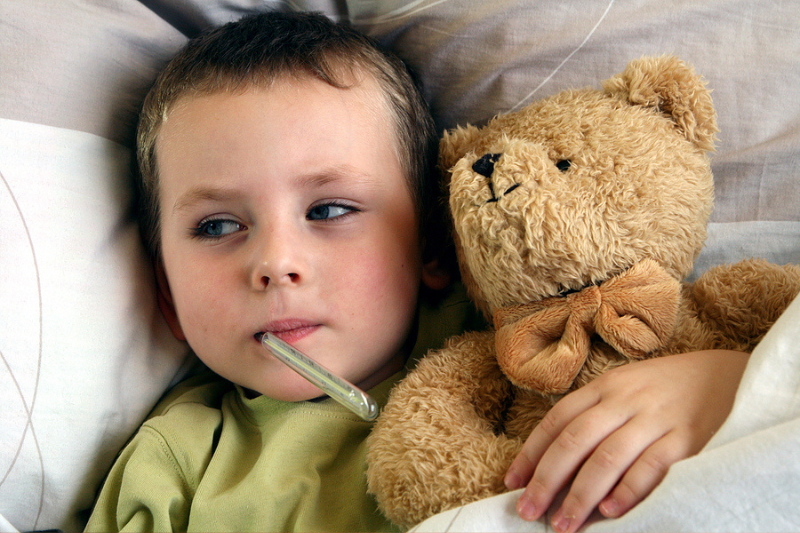
Febrile convulsions are, in essence, seizures triggered by a rapid increase in body temperature. It is occurring in young children during a fever spike, often evoke fears and questions.
Brain Infection
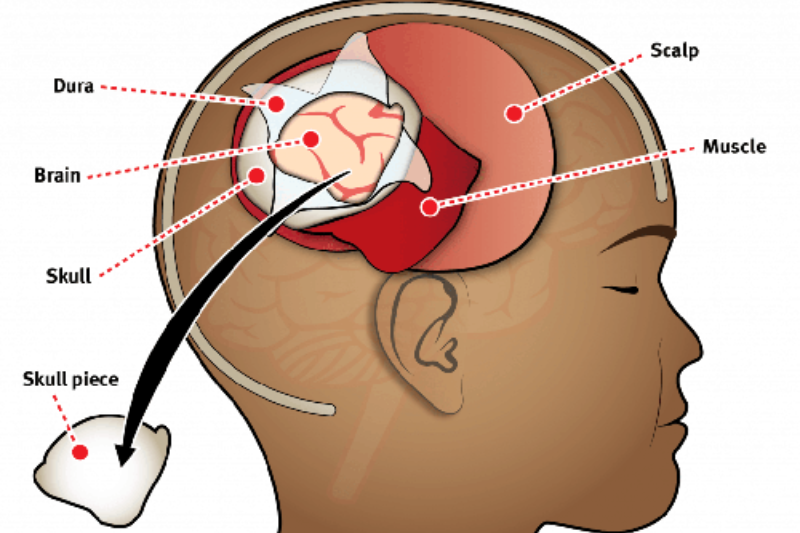
Brain infections in children emerge from various sources. Viruses, often the culprits behind conditions like herpes simplex virus (HSV), are associated with viral meningitis.
Tourette Syndrome

Tourette Syndrome is a unique way some brains work. It’s like having a little friend inside your brain that sometimes makes your body move or make sounds unexpectedly.
Migraine

Migraines are not just headaches; they are intricate some dangerous neurological events involving a cascade of physiological changes within the brain.
Adenoids

Adenoids, also known as pharyngeal tonsils, are a part of the lymphatic system and consist of soft tissue made up of lymphocytes, the cells crucial for fighting infections.
Syncope

Syncope is a common medical condition characterized by a brief loss of consciousness and muscle strength. It is usually triggered by a reduction in blood flow to the brain.
Dystonia

Dystonia is a neurological movement disorder characterized by involuntary muscle contractions that result in abnormal and often painful movements.
Hyperactivity
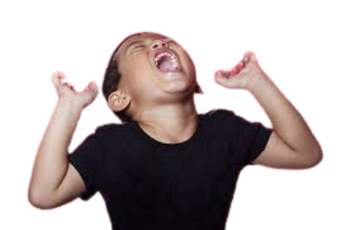
Some of the kids have have less amount of dopamine and noradrenaline in the frontal lobe of the brain. These chemicals maintain concentration in the brain.
Stroke
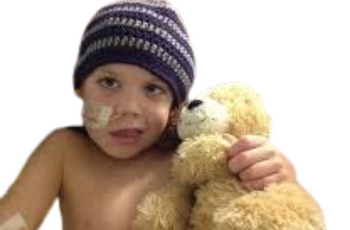
This is relatively rare but not non-existent. Even a child can have stroke in utero; a child can have stroke multiple times. The blood should be in liquid form inside blood vessels.
